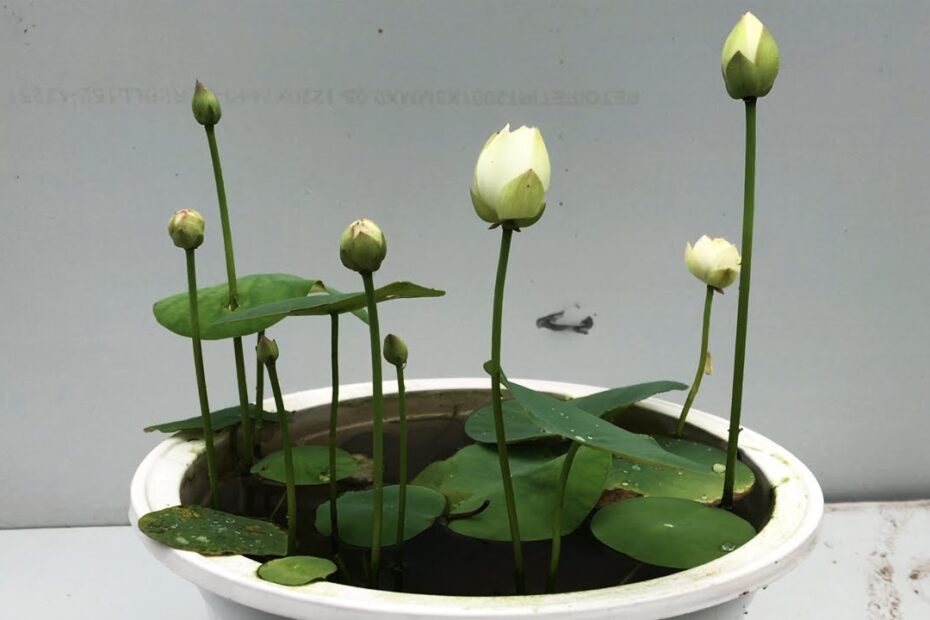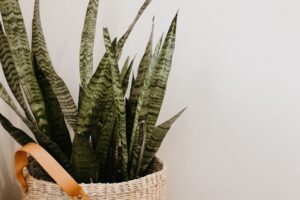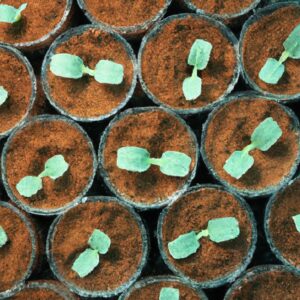In the enchanting world of gardening, few plants possess the mystical allure of the lotus seed.
For those eager to delve into the wondrous realm of lotus cultivation, this beginner’s guide will illuminate the magic of planting and nurturing these divine seeds. Dive into the ethereal world of lotus seeds and unlock the secrets of growing these captivating plants in your own garden. Beloved for its exquisite beauty and symbolic significance, the lotus seed has been revered for centuries in cultures around the globe..

Introduction: Discovering the Beauty and Benefits of Lotus Seeds
Lotus seeds, also known as “makhana” or fox nuts, are a hidden gem in the world of plants. These tiny seeds pack a powerful punch of nutrition and beauty that is waiting to be discovered by beginner gardeners. With their unique appearance and wide array of health benefits, lotus seeds are a versatile addition to any garden or kitchen.
Whether you are looking to grow your own lotus plants or simply incorporate lotus seeds into your diet, this beginner’s guide will help you unlock the magic of these extraordinary seeds. From planting tips to culinary uses, we will explore the beauty and benefits of lotus seeds in depth, providing you with all the information you need to get started on your lotus seed journey.

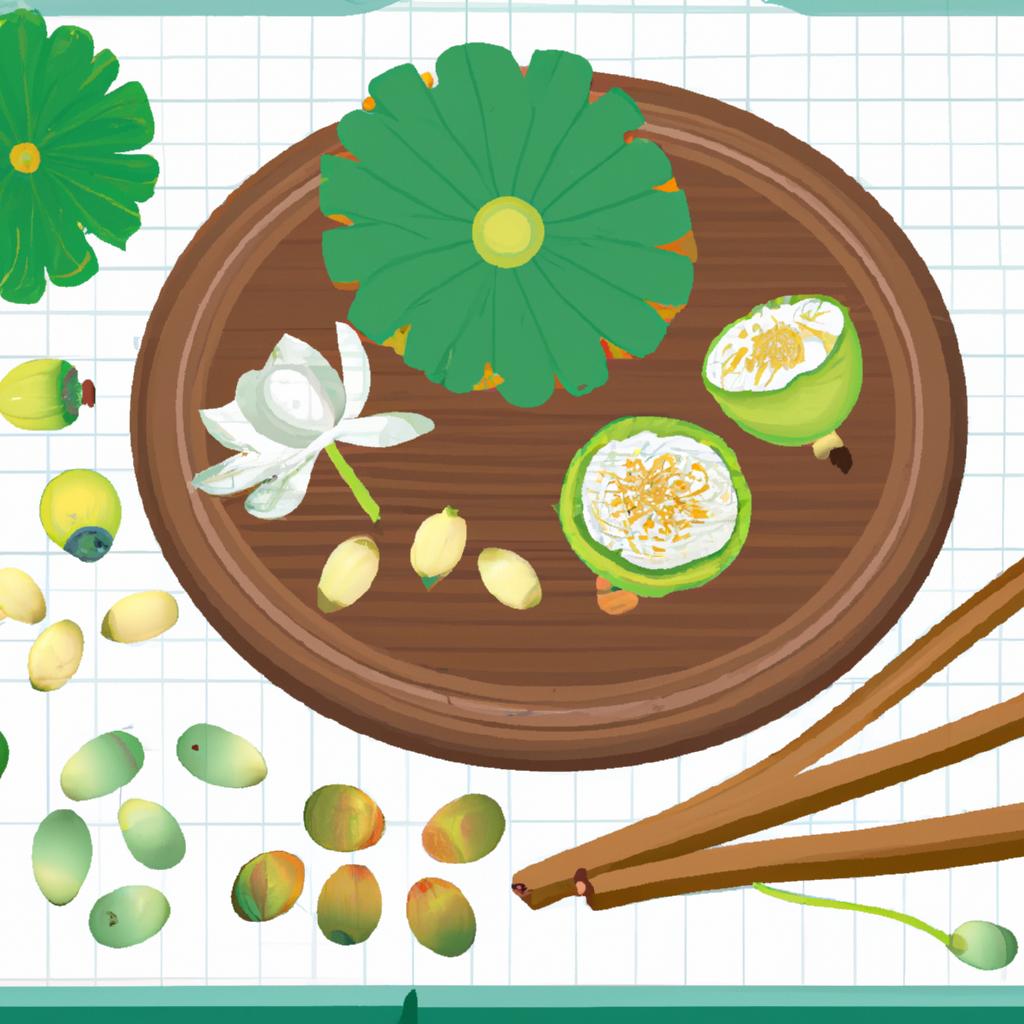
Choosing the Right Time and Place to Plant Lotus Seeds
When it comes to planting lotus seeds, choosing the right time and place is crucial for successful growth and blooming. Lotuses thrive in warm, sunny environments, so it is best to plant the seeds in the spring or early summer when the weather is consistently warm. Avoid planting lotus seeds in the fall or winter when the temperatures start to drop.
For the optimal location to plant lotus seeds, look for a spot with plenty of sunlight and calm water.
Consider planting your lotus seeds in a large container or pond where they can have ample space to spread their leaves and roots. Remember to keep the water level consistent to ensure the lotus seeds receive the nutrients they need for growth.Lotus plants love to bask in the sun and their roots need to be submerged in water for healthy growth..
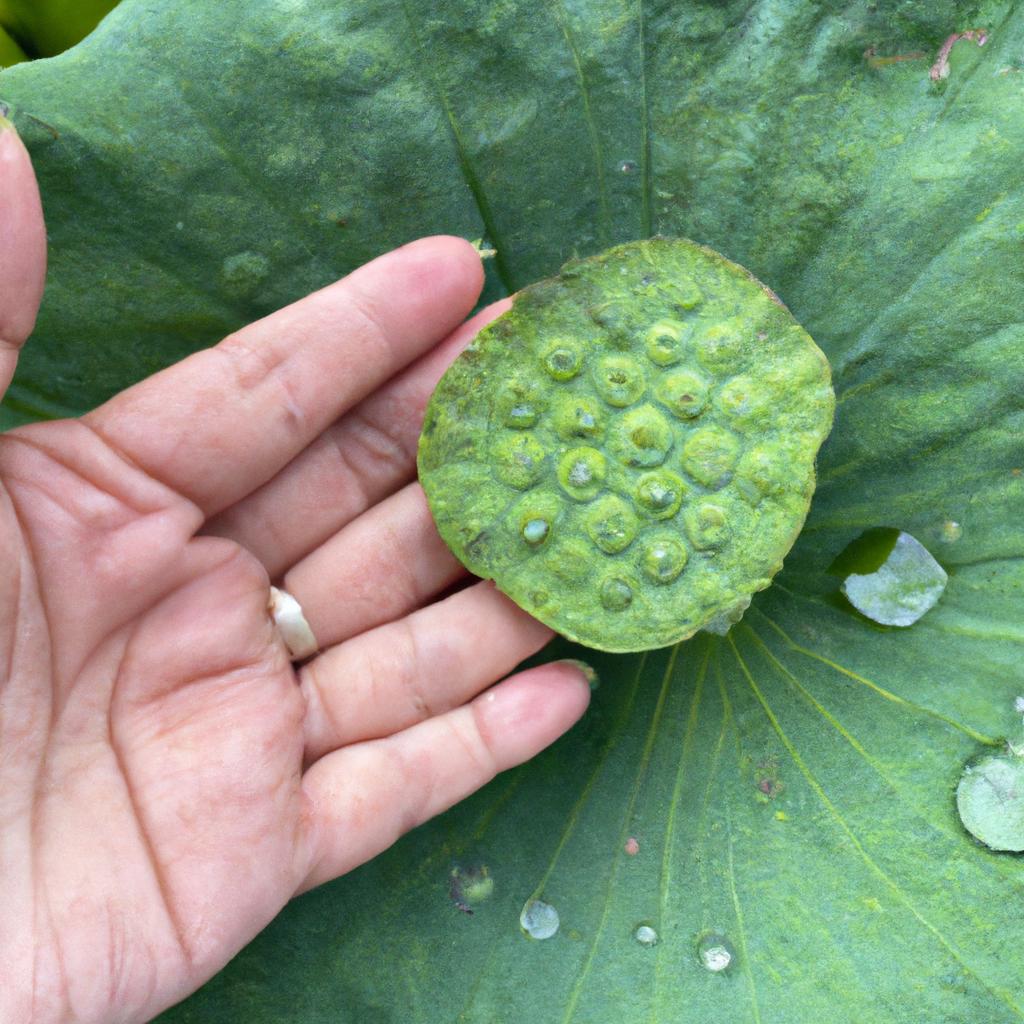
Nurturing Your Lotus Seedlings: Essential Care Tips
So you’ve taken the plunge and decided to plant lotus seeds in your garden. Congratulations on choosing such a magical and beautiful plant to nurture! To ensure that your lotus seedlings thrive and grow into healthy, flourishing plants, it is important to provide them with the proper care and attention.
Here are some essential care tips for nurturing your lotus seedlings:
- Sunlight: Lotus seedlings require at least 6 hours of full sunlight each day to grow properly. Make sure to plant them in a sunny spot in your garden.
- Water: Keep the soil around the lotus seedlings consistently moist, but not waterlogged. You can place them in a shallow pond or container filled with water to ensure they stay hydrated.
- Soil: Lotus seedlings prefer rich, loamy soil that is well-drained. Use a mix of clay, sand, and organic matter to provide them with the best growing conditions.
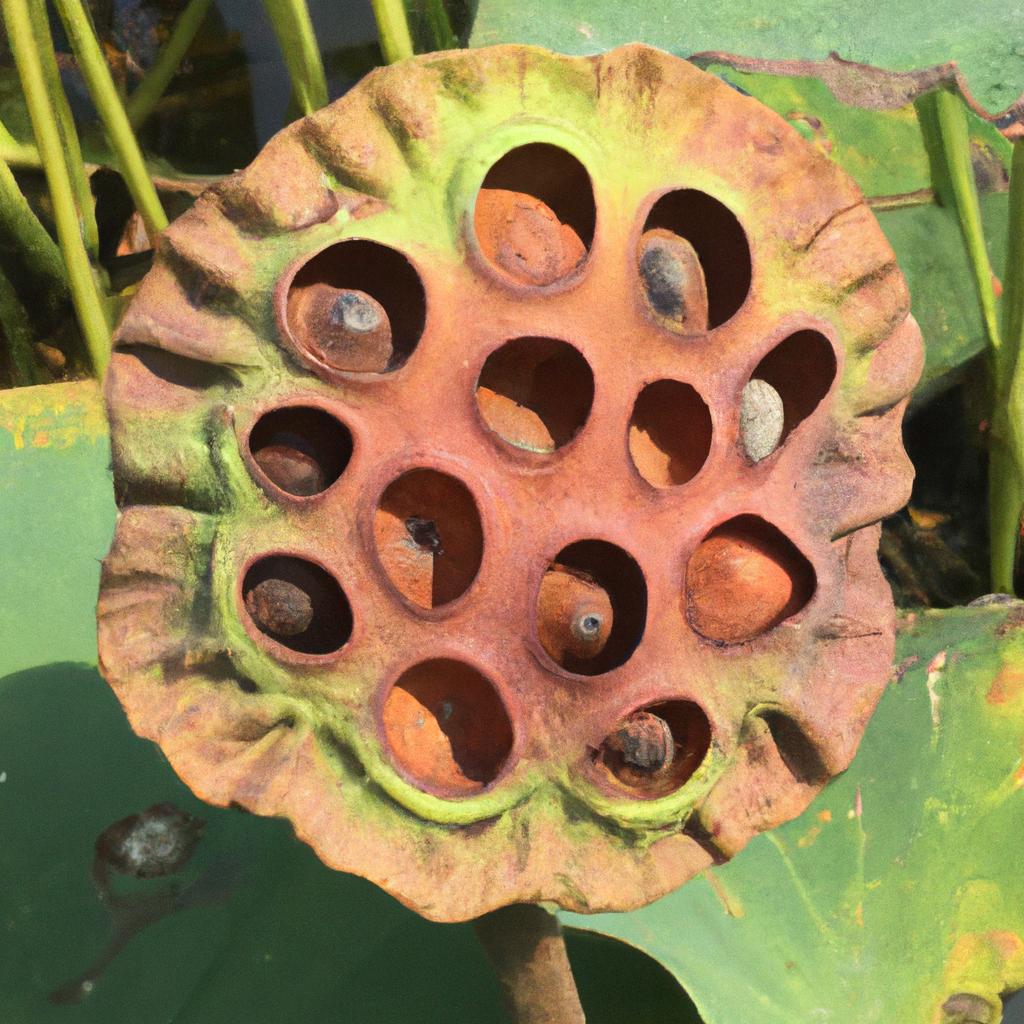
Troubleshooting Common Issues in Lotus Seed Cultivation
One common issue that growers may face when planting lotus seeds is poor germination rates. This can be caused by a variety of factors, such as incorrect planting depth, poor soil quality, or inadequate water levels. To improve germination rates, make sure to plant your lotus seeds at a depth of about 2 inches in nutrient-rich soil and keep the soil consistently moist but not waterlogged. You can also try scarifying the seeds by gently scratching the hard outer shell to help them absorb water more easily.
Another issue that may arise during lotus seed cultivation is the development of mold or fungal infections. This can be prevented by ensuring proper ventilation around your plants, avoiding overcrowding, and providing good air circulation. If you notice any signs of mold or fungus, carefully remove the affected seeds and treat the remaining ones with a natural fungicide. Additionally, make sure to water your lotus plants early in the day to allow any excess moisture to evaporate, reducing the risk of fungal growth.
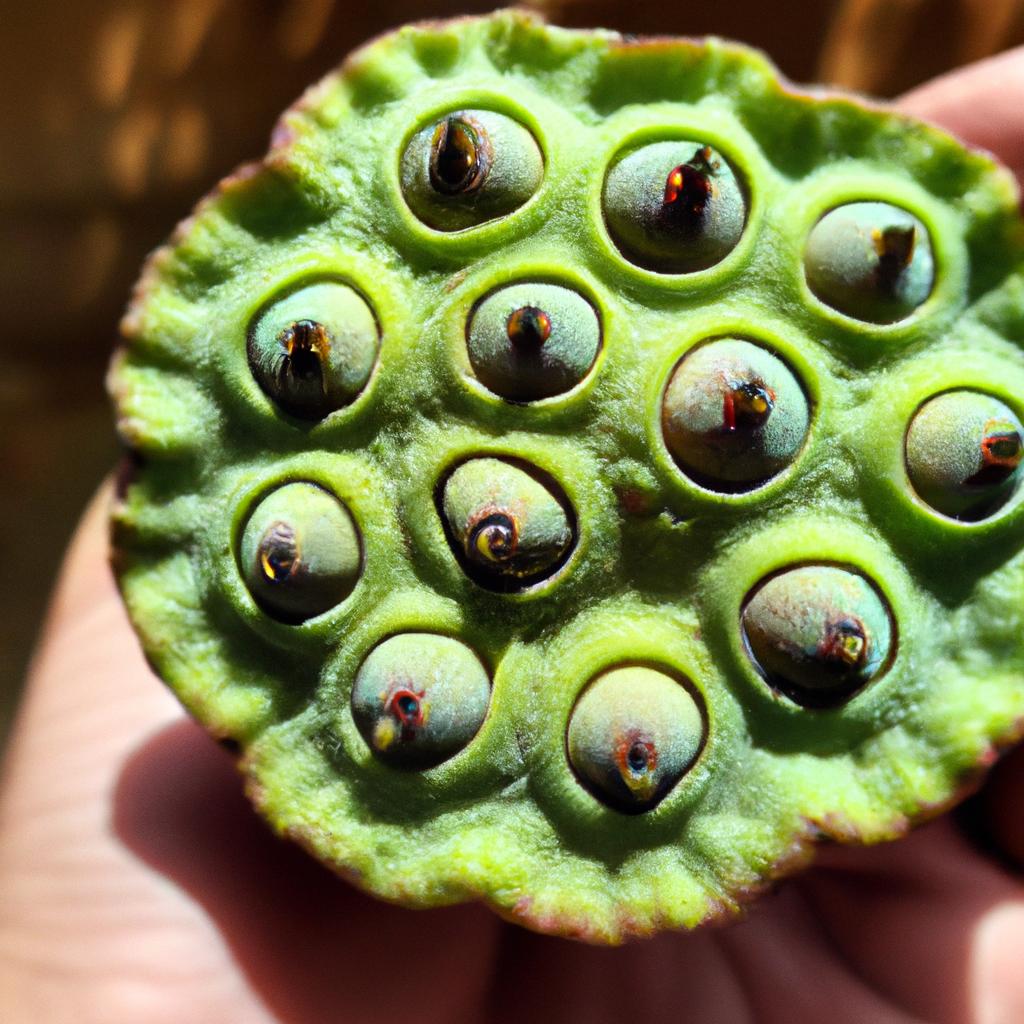
Harvesting and Enjoying the Fruits of Your Labor with Lotus Seeds
Once you’ve successfully planted your lotus seeds and watched them grow into beautiful plants, it’s time to harvest and enjoy the fruits of your labor. Lotus seeds are not only delicious but also incredibly nutritious, making them a great addition to any diet. Here are some tips on how to harvest and enjoy lotus seeds:
- Wait for the lotus pods to ripen before harvesting the seeds
- Remove the seeds from the pods and wash them thoroughly
- Boil the seeds until they become tender
- Enjoy the cooked lotus seeds as a nutritious snack or add them to your favorite dishes
Lotus seeds can be enjoyed in a variety of ways, from adding them to soups and stir-fries to using them in desserts like lotus seed paste.
So go ahead, harvest your lotus seeds, and start enjoying the magic of this ancient and nutritious food!Their crunchy texture and nutty flavor make them a versatile ingredient that can elevate any dish..

Exploring Advanced Techniques for Maximizing Lotus Seed Growth
When it comes to maximizing lotus seed growth, there are several advanced techniques that can help ensure your plants thrive. One key method is to provide optimal growing conditions, including a sunny location with consistent water levels. Additionally, using high-quality soil with a balanced pH level can greatly impact the growth and health of your lotus seeds.
Another advanced technique for maximizing lotus seed growth is to regularly fertilize your plants with a balanced fertilizer specifically designed for aquatic plants. This will provide essential nutrients for healthy growth and vibrant blooms. Additionally, pruning dead or decaying leaves and flowers will help promote new growth and prevent disease. By implementing these advanced techniques, you can enjoy beautiful and thriving lotus plants in your garden.
FAQ
Q: What are lotus seeds and why are they considered magical?
A: Lotus seeds are the seeds of the lotus plant, known for their spiritual significance in many cultures. They are believed to symbolize purity, enlightenment, and prosperity, hence their magical reputation.
Q: How can I start planting lotus seeds as a beginner?
A: To start planting lotus seeds, you will need a container, potting soil, and water. Simply soak the seeds in water for a few hours, then plant them in the soil and keep them moist. With patience and care, you can watch your lotus seeds grow into beautiful plants.
Q: How long does it take for lotus seeds to sprout?
A: Lotus seeds can take anywhere from 1 to 4 weeks to sprout, depending on the conditions in which they are planted. Be sure to keep the soil moist and provide plenty of sunlight for optimal growth.
Q: Can lotus plants be grown indoors?
A: Yes, lotus plants can be grown indoors as long as they are provided with enough sunlight and water. They can thrive in containers or small ponds, adding a touch of serenity and beauty to any indoor space.
Q: Are lotus seeds edible?
A: Yes, lotus seeds are not only magical and beautiful, but they are also edible and nutritious. They are commonly used in Asian cuisine and are known for their health benefits, including being high in protein and antioxidants.
Future Outlook
As you embark on your journey into the enchanting world of lotus seeds, remember to nurture these magical seeds with care and patience. With each tender touch and gentle whisper of encouragement, you will witness the beauty of growth and transformation unfold before your eyes. From humble beginnings to radiant blossoms, the journey of planting lotus seeds is a testament to the power of nature’s resilience and beauty. So go forth, dear reader, and may the magic of lotus seeds inspire you to cultivate your own garden of wonder and awe. Happy planting!
- Cat Palm vs Majesty Palm: Which Should You Choose? - June 30, 2024
- Flowers That Survive Winter: Discover the Exceptional No. 5 - June 30, 2024
- The Ultimate Guide to the Growth and Care of the Black Pagoda Lipstick Plant - June 29, 2024
